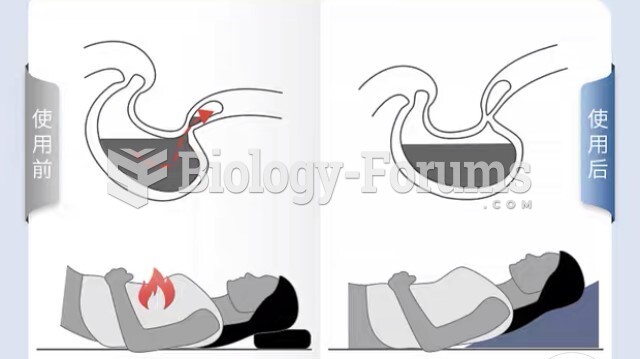|
|
|
Although puberty usually occurs in the early teenage years, the world's youngest parents were two Chinese children who had their first baby when they were 8 and 9 years of age.
According to the FDA, adverse drug events harmed or killed approximately 1,200,000 people in the United States in the year 2015.
About one in five American adults and teenagers have had a genital herpes infection—and most of them don't know it. People with genital herpes have at least twice the risk of becoming infected with HIV if exposed to it than those people who do not have genital herpes.
The average office desk has 400 times more bacteria on it than a toilet.
After 5 years of being diagnosed with rheumatoid arthritis, one every three patients will no longer be able to work.






